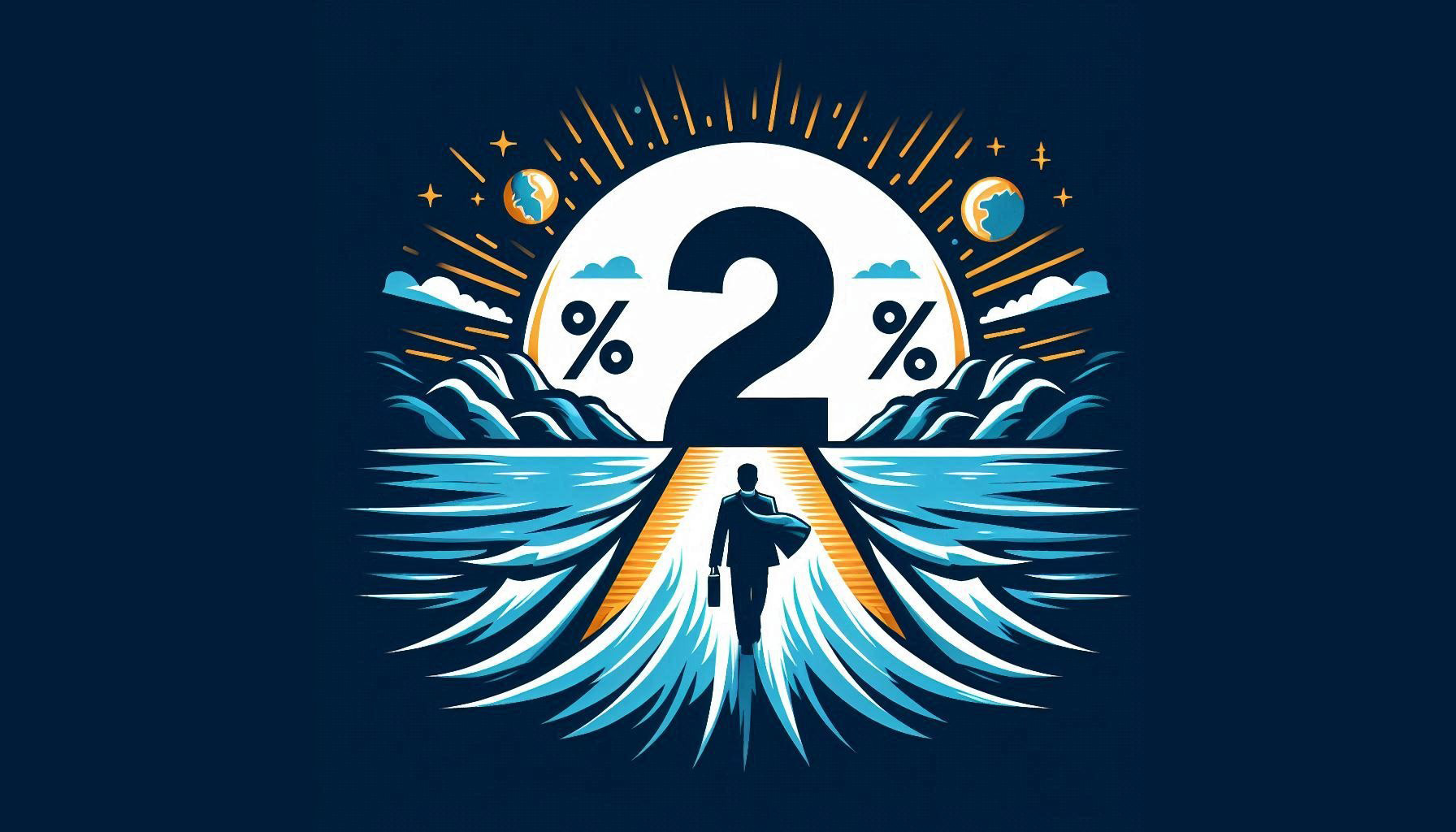I have heard it said from those that are cynical to swing trading that they view this as a form of gambling, and you are using the Dow Jones as your own personal casino. While there are some similarities between the two, the fact of the matter is, the two are vastly different.
The main similarity between the two is that you are laying your money down in the hopes of a substantial return while overcoming risk. But that is where the similarity ends. In a casino, the house had an edge with every game they offer. The only time the house does not have an edge is in Blackjack where someone is an expert card counter. Time is the casino’s friend. Even if you are playing a game where the house edge is 51-49, over time, the casino will take all your money. Yes, there are short term swings, and you will hear about it from your brother-in-law when he made a killing at the Blackjack table, but the bottom line is this, casinos and gambling have a negative expectation for the player.
Swing trading on the other hand has a positive expectation for the investor. With swing trading, you can mitigate risk. The risk is always the same at the Blackjack table, but in swing trading you choose the stock to buy based on a minimized risk. You look at the overall markets and what they are doing; you look at its 50-day moving average compared to its 200-day average; you look at the MACD charts. All these technical analysis tools give you the best chance of success.
With swing trading, you can go against the markets by shorting the stock. If all the technical analysis tools are telling a negative story, you can profit when the stock price falls. Can you bet on the dealer in a game of Blackjack? No you cannot.
With swing trading, you use stop loss orders to lock in profits or minimize losses. This is an objective process that takes out emotion. The stop loss is well thought out and it sticks to your plan. In a casino you have to have the fortitude to walk away regardless if you are up or down. That quite often is a subjective call in the heat of the moment.
While the casino has an edge over you with every game they offer, the New York Stock Exchange does not. With every stock listed it does not have an edge over the investor if the stock rises or falls.
So why do some compare swing trading to gambling? It is a matter of perspective and risk. Some view this as a risky endeavour. Yes, there is risk and, yes, some can lose money at this, but history shows otherwise. When you have a positive expectation, the law of averages will work out in your favour, and you will profit in the long run. When you are engaged in an activity that will earn you more money at the end of the day, this is a classic definition of investing.
Go to twopercentgoal.com and sign up for a free 30-day trial to receive daily emails of stocks poised for a two percent goal in one week.
Recent Posts
I Swear
With profanity, let’s be mindful of time and place
A Special Father’s Day Gift
Being a dad is priceless
No Superstars Needed to Win Championships
No stars needed to win it all
DISCLAIMER
Opinions and data provided are subject to change without prior notice. These opinions might not be suitable for every investor. It’s important to conduct your own research and consult with a registered broker or investment advisor. Information on various stocks, options, futures, bonds, derivatives, commodities, currencies, and other financial instruments (collectively, “Securities”) is shared here to potentially interest the audience. This content is meant for informational purposes only and does not constitute investment advice or recommendations. The buying or selling of any securities is not solicited. Additionally, none of these activities should be interpreted as providing financial advice. The information presented should not be taken as a suggestion to buy, hold, or sell any specific securities. Investing in securities comes with risks and market volatility. Past performance is not indicative of future results. It is strongly encouraged to conduct your own due diligence.

